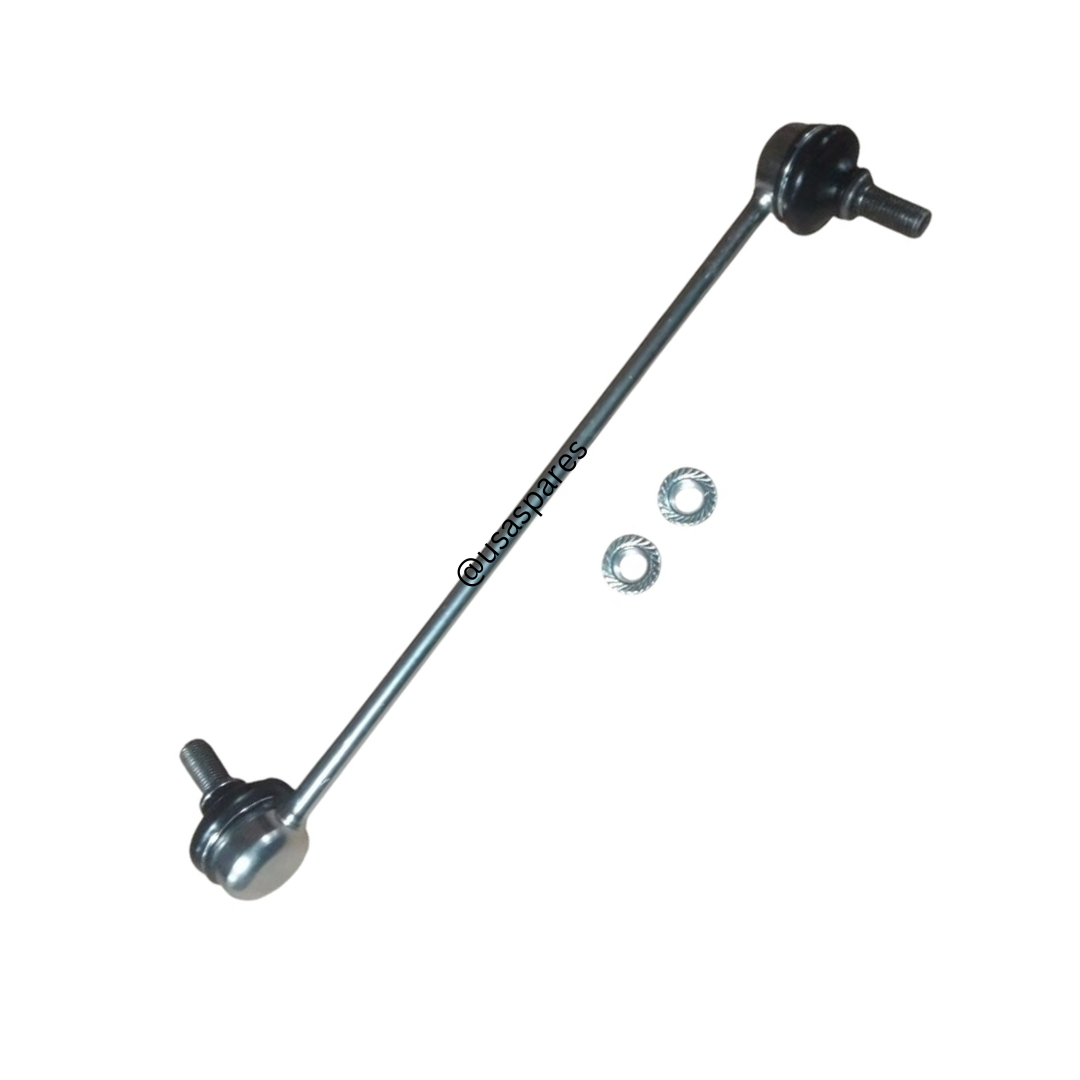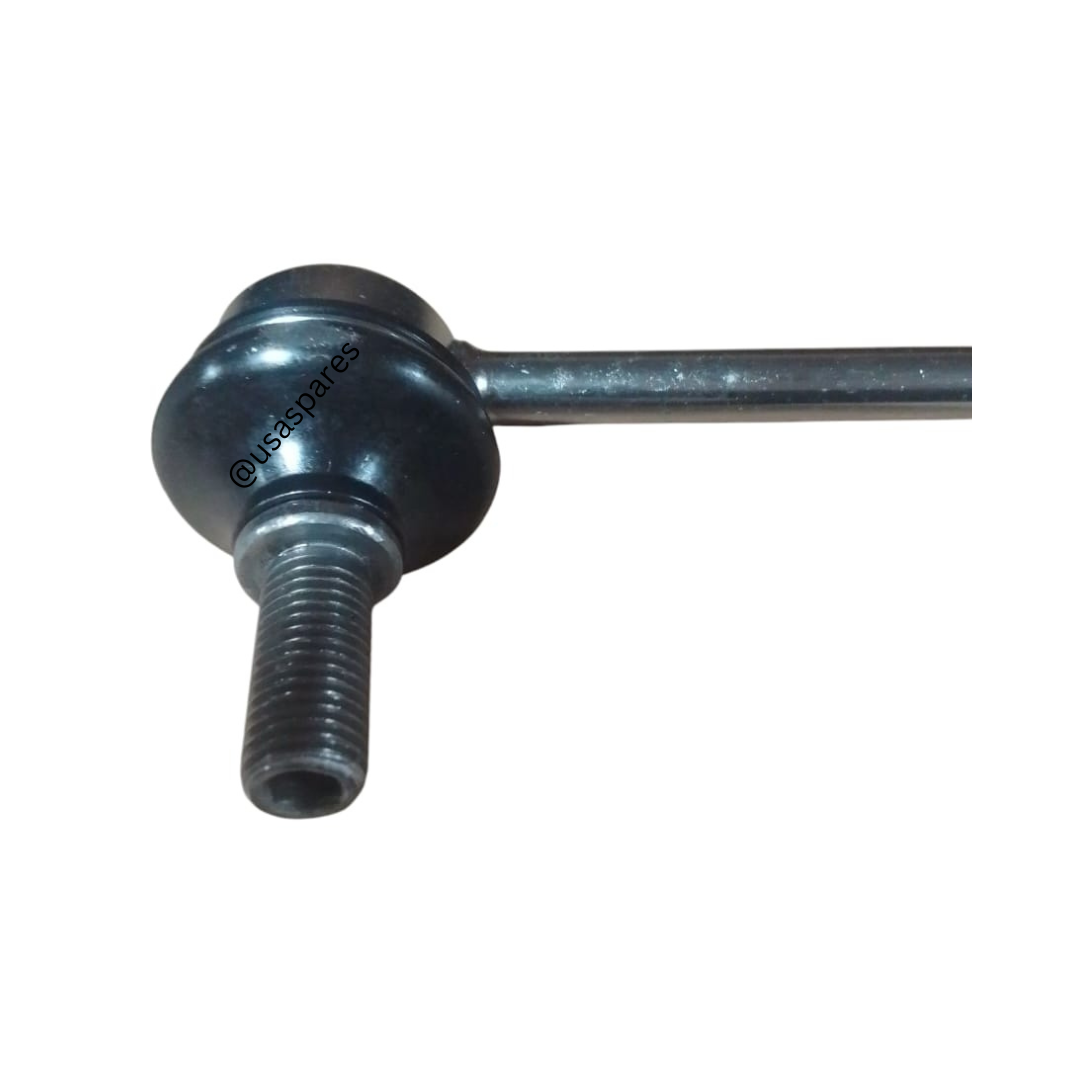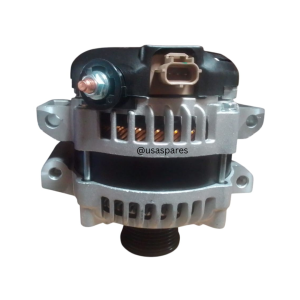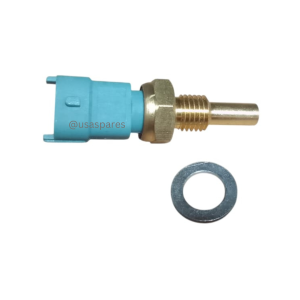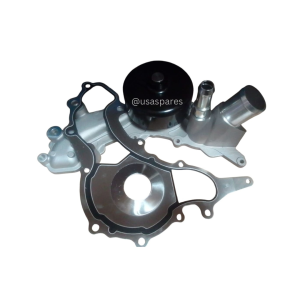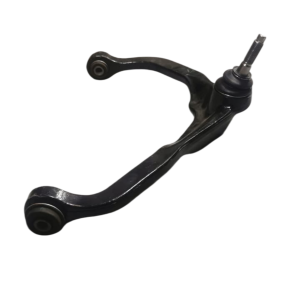Description
The Jeep Compass Front Stabilizer Links are crucial components of the vehicle’s suspension system, designed to improve stability, reduce body roll, and enhance overall handling. These links serve as connectors between the stabilizer bar (also known as the sway bar) and the suspension, ensuring that the vehicle remains level and balanced during cornering and over uneven surfaces. By helping to distribute force evenly across the front suspension, stabilizer links contribute significantly to a smoother and more controlled ride.
Key Features of Jeep Compass Front Stabilizer Links
Durable Construction
Jeep Compass Front Stabilizer Links are built using high-quality materials such as hardened steel and corrosion-resistant coatings. This ensures longevity and durability, even in harsh driving conditions, including off-road terrains and extreme weather.
Enhanced Vehicle Stability
These stabilizer links help maintain proper vehicle balance by reducing excessive body roll when turning or navigating rough roads. By keeping the front suspension in sync, they improve overall stability and safety, allowing for better maneuverability.
Improved Handling and Performance
Properly functioning stabilizer links contribute to sharper steering response and more predictable handling. Whether driving on highways or rough terrains, these components help in keeping the vehicle steady and responsive to driver input.
Smooth and Comfortable Ride
With efficient stabilizer links, drivers and passengers experience reduced vibrations and improved comfort. By minimizing excessive movement in the front suspension, the stabilizer links help absorb road imperfections for a more enjoyable drive.
Signs of Worn or Faulty Jeep Compass Front Stabilizer Links
Over time, stabilizer links can wear out due to constant movement, road conditions, and exposure to elements. Some common signs of worn-out or failing stabilizer links include:
- Clunking or Knocking Sounds – A worn stabilizer link can produce a knocking or clunking sound, especially when driving over bumps or making turns.
- Excessive Body Roll – If the vehicle leans excessively during turns, it could indicate a weak or broken stabilizer link.
- Loose Steering Feel – A faulty stabilizer link can make the steering feel less responsive or imprecise.
- Uneven Tire Wear – Worn stabilizer links can affect alignment and suspension performance, leading to premature tire wear.
Why Replacing Stabilizer Links is Important
Driving with faulty or worn stabilizer links can compromise vehicle stability, making handling less predictable and potentially unsafe. Replacing these components at the first sign of wear ensures that your Jeep Compass maintains proper suspension performance, steering accuracy, and overall safety.
Installation and Maintenance
Replacing stabilizer links is a relatively simple process, but proper installation is key to ensuring optimal performance. Mechanics recommend checking stabilizer links during routine suspension inspections and replacing them in pairs for balanced suspension operation.
Regular maintenance, including checking for worn bushings or loose connections, can help extend the lifespan of stabilizer links and keep your Jeep Compass driving smoothly.
Conclusion
The Jeep Compass Front Stabilizer Links play a vital role in maintaining the vehicle’s suspension integrity, improving handling, and ensuring a stable and comfortable ride. Regular inspection and timely replacement of worn stabilizer links can enhance overall driving performance, making every journey safer and more enjoyable. Whether on highways or off-road trails, investing in high-quality stabilizer links ensures that your Jeep Compass delivers top-notch stability and control.

